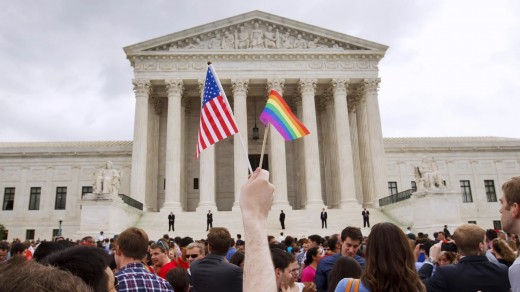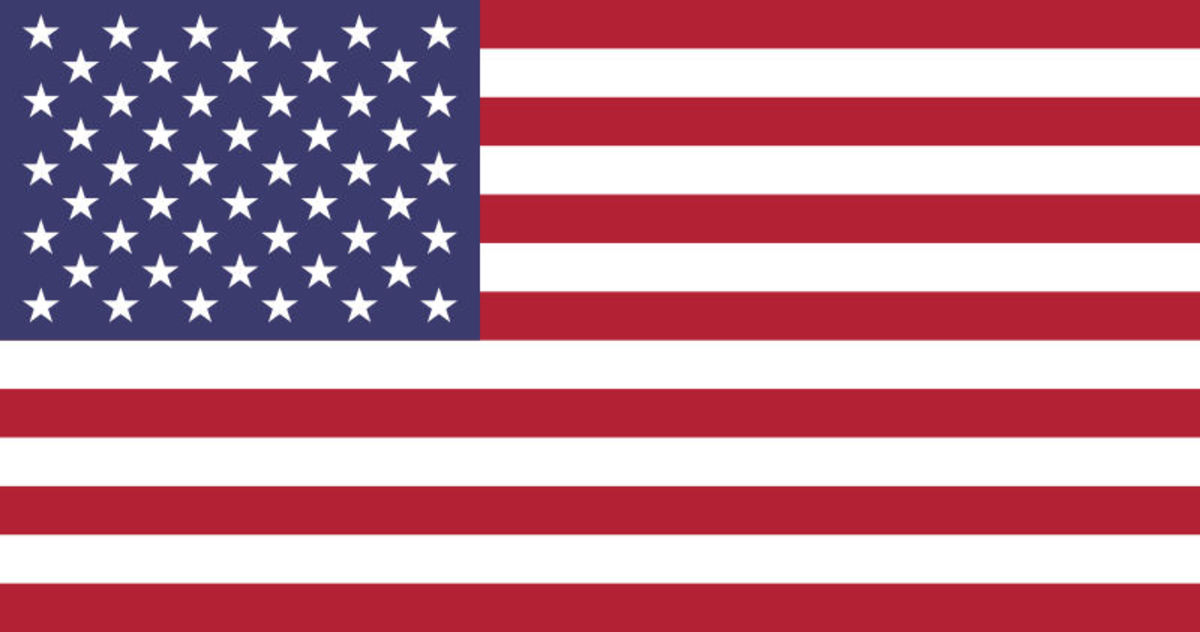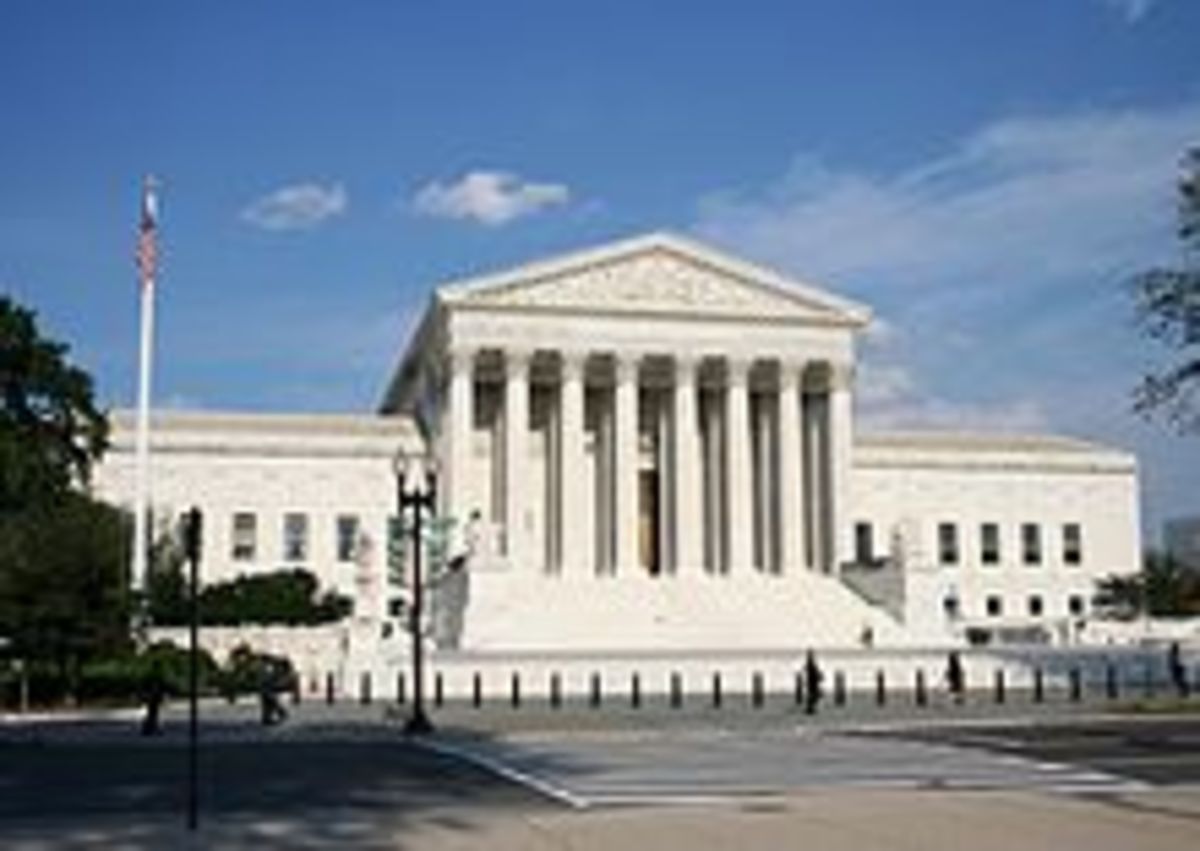The Marriage Problem: Unconstitutional Control by Government

Government Control Causes the Problem
This personal, explicatory essay "The Marriage Problem: Unconstitutional Control by Government" examines the issue of governmental intrusion into areas of life where it has no appropriate legal function, specifically marriage.
One important conclusion based on non-governmental control of marriage then is that the issue of "same-sex marriage" would likely never have become the hot-button issue that is has, if the government had not interfered with marriage in the first place.
Marriage is a private affair, and at every stage of its existence, it should remain private between the parties involved and their spiritual faith. Marriage is a sacrament; thus it should remain in the purview of religion/spirituality not under government/legal control.
Does government level any control over baptisms? I don’t know. I’m guessing it does not, because I remain unaware of any controversy surrounding the issue. I thus would argue that the issue of marriage is similar to the issue of baptism: an individual and spiritual issue.
Government Overreach
Although the United States government currently does so, it does not have the authority to exercise power to control marriage. The United States Constitution takes no position on marriage.
Each state has its own requirements for obtaining a marriage license, which citizens must acquire in order to become legally married. For example, in Indiana [1] couple of first cousins can marry—but only after each is 65 years of age or older.
In Illinois [2], those first cousins can marry after each is 50 years old. In Tennessee [3], first cousins 18 or older can obtain a marriage license and marry.
Until June 26, 2015, when the United States Supreme Court handed down the decision that same-sex marriage was a constitutional right in all states, a struggle for same-sex marriage legality state by state continued to take up time and resources.
At the time that the Supreme Court handed down its decision, roughly 33 states still retained a ban on same-sex marriage. Thus an issue that should have never been on the table had been wasting the time and resources of government officials for many decades.
Having gone from the legislative branches of governments state and federal to the supreme judicial branch, the issue of same-sex marriage has remained a focus of attention.
What should have remained a non-issue for government has been distracting lawmakers and court officials from attending to business for which they were originally elected and intended, such as protecting citizens from crime and securing individual liberty.
Constitutionally, the fact of the matter is that marriage should never have become a purview of the state: marriage is a private issue involving only the marriage partners and their religious faith, and the state has no business wielding power over it.
Get Government out of Marriage
No government, at any level, has the authority to exercise power to control marriage. The United States Constitution takes no position on marriage.
Therefore, any Federal law on marriage is, in fact, unconstitutional [4], for example, the Defense of Marriage Act, signed into law by Bill Clinton on September 21, 1996.
Each state also has its own Constitution, and as there are variations in requirements for a marriage license, there are variations from state to state regarding a whole plethora of legal issues, but the U. S. Constitution takes no position on marriage, and neither did state constitutions.
Nevertheless, since 1970, various issues regarding same-sex marital status have arisen with varying responses [5] until in 2015, when the United States Supreme Court in the case of Obergefell v. Hodges declared same-sex marriage legal in all 50 states.
Senator Rand Paul argues that government does, in fact, cause the unnecessary issues regarding marriage to arise. According to the senator,
Since government has been involved in marriage, they have done what they always do — taxed it, regulated it, and now redefined it. It is hard to argue that government’s involvement in marriage has made it better, a fact also not surprising to those who believe government does little right. [6]
Simplify the Marriage Process
Individuals desiring to marry are required to appear together in person before their local county clerk to fill out the paperwork for a license, which is then issued by the state after a short waiting period that again varies from state to state, possibly even county by county.
Marriage governance could be greatly simplified. People who wish to marry should be allowed to do so without any government oversight whatsoever. In effect, they would do what currently many individuals already do, simply move into a residence together and get on with their lives.
Categories of Marriage
If, however, no legal oversight seems too radically simple for the body politic, the state could allow the marriage-seeking individuals to simply register their relationship with the county clerk.
It might also be acceptable to establish several categories of relationships: traditional marriage, domestic partnership, mutual financial partnership, civil relationship, each with certain contractual agreements—offering enough paperwork to keep bureaucrats busy.
What would not be acceptable is limiting any individuals because of race, religion, sex, gender, nationality, number of partners, status of health, or any personal trait that might be seized upon to serve as a basis for denial of the individuals seeking the status of marriage.
And all categories would qualify as marriage, that is, the same full benefits that now belong to a traditionally married couple would be available to any individuals coming before the clerk to seek the marriage status.
Eliminate Government Red Tape as well as the Same-Sex Battle
Such an arrangement would eliminate much government red tape and at the same time eliminate what is likely to remain a battle over same-sex marriage. Just as the government has no authority to deny same-sex couples the opportunity to marry, it has no constitutional authority to control any citizens’ choices in marriage.
Equal freedom for all citizens should always be the goal of a democratic republic. Marriage is a relationship that can be controlled and managed only by the individuals involved, not by a bureaucratic hierarchy of government.
As Thomas Jefferson, Henry David Thoreau, et al [7] have averred, "That government is best which governs least.” The libertarian view of small government becomes most relevant regarding the issue of marriage:
Many Libertarians argue for the complete privatization of marriage, making marriage a matter of individual contract and — for those who want it — a religious ceremony, thus removing any need for state recognition of marriages. [8]
Government interference into private matters too often leads to a plethora of unintended problems. President Ronald Reagan averred, "The nine most terrifying words in the English language are, 'I’m from the Government and I'm here to help'." [9]
The only help a nation’s citizens require from their government is the guarantee of retaining their individual liberty to pursue their talents and live their lives in safety and harmony.
This content reflects the personal opinions of the author. It is accurate and true to the best of the author’s knowledge and should not be substituted for impartial fact or advice in legal, political, or personal matters.








